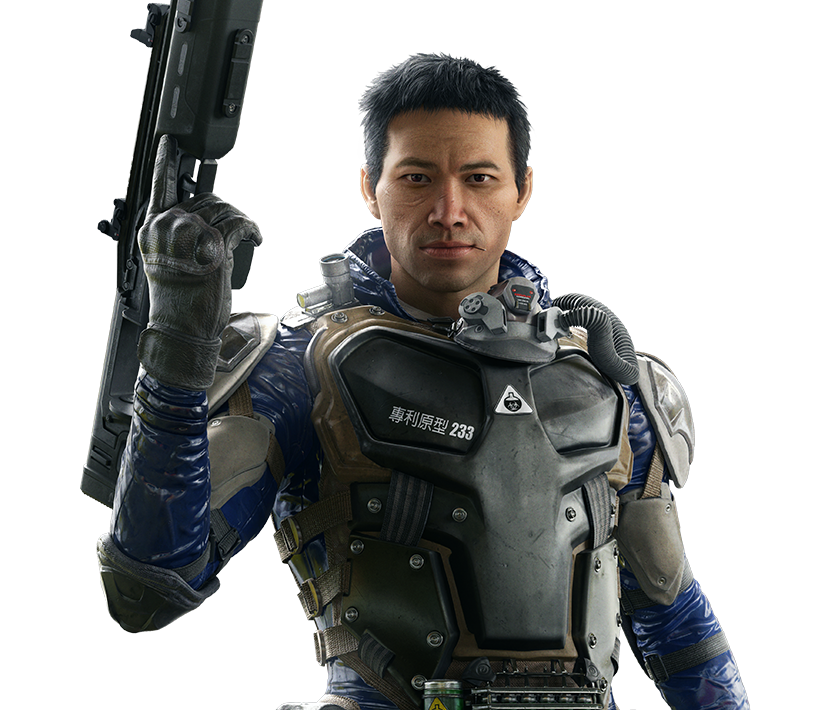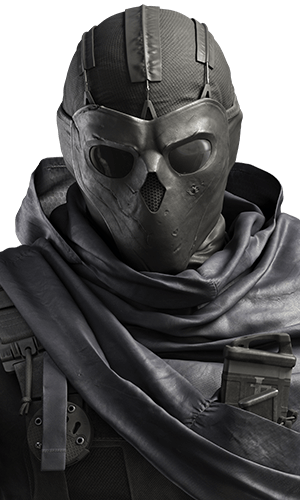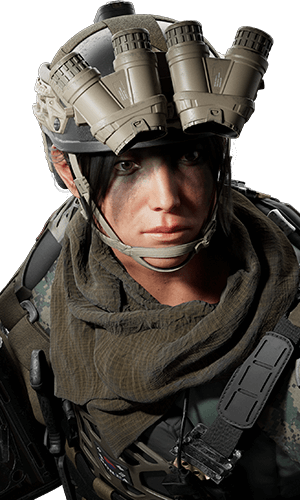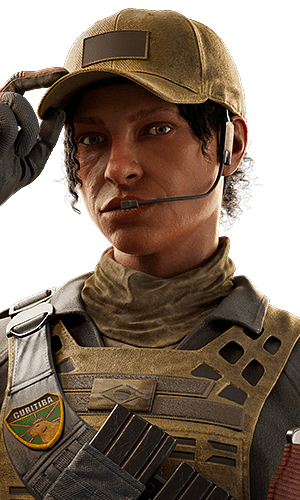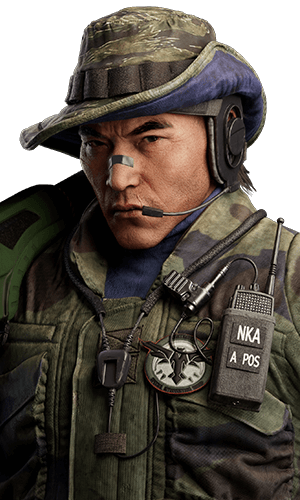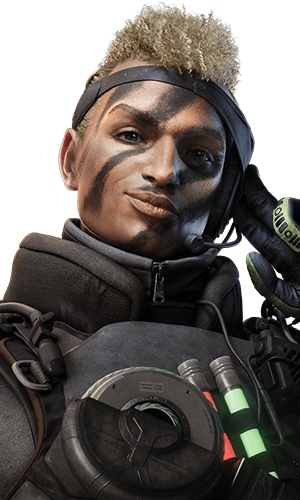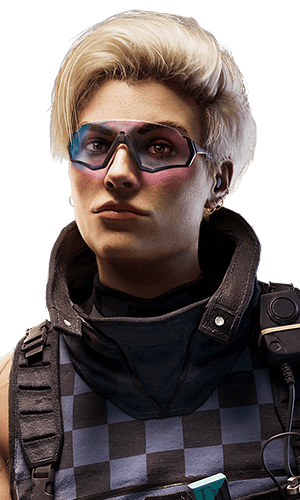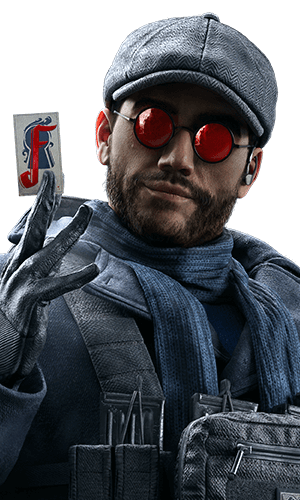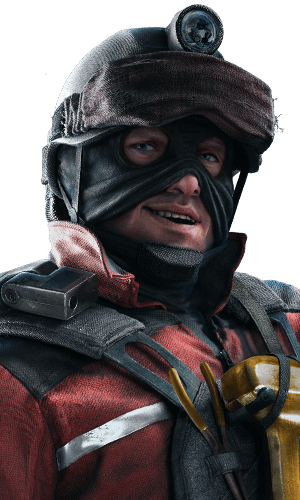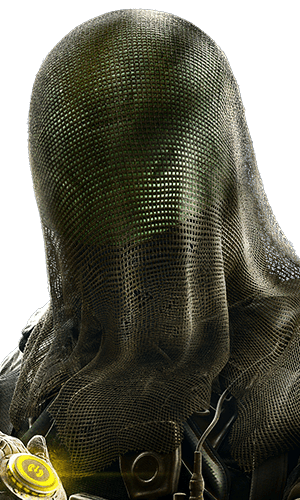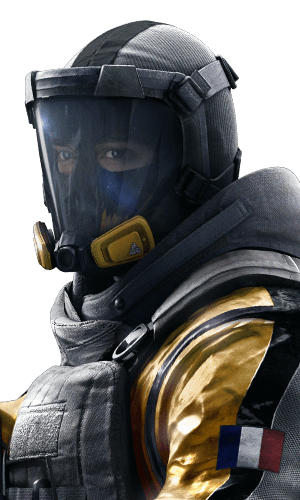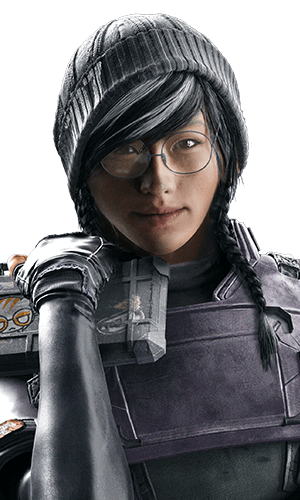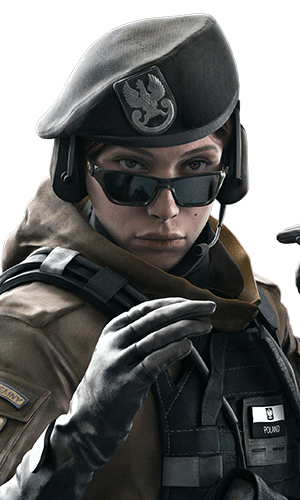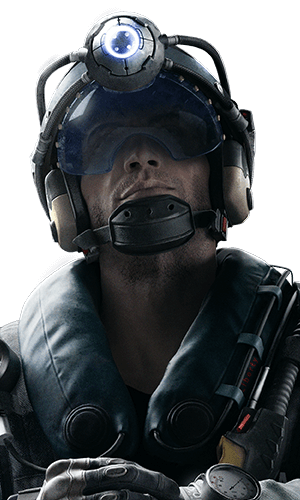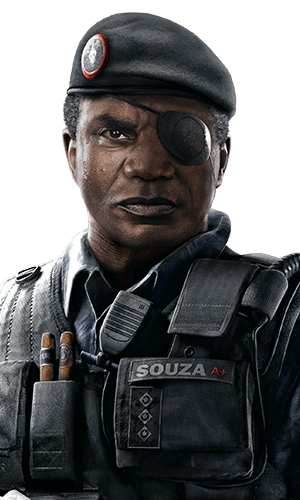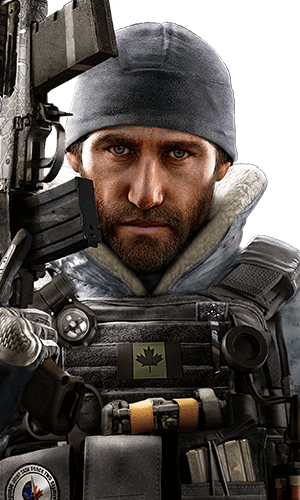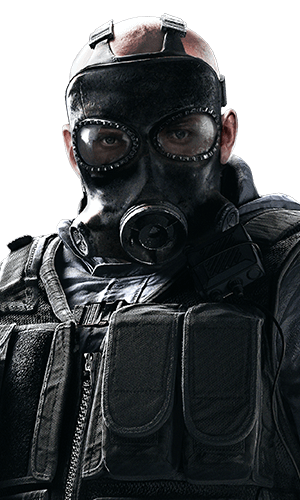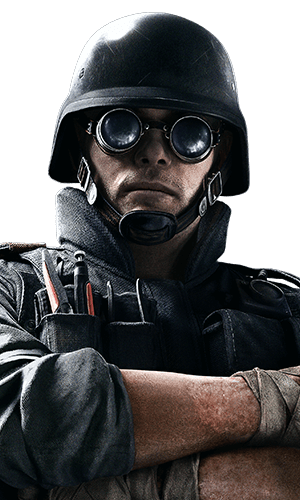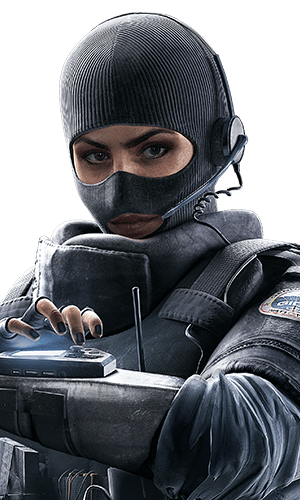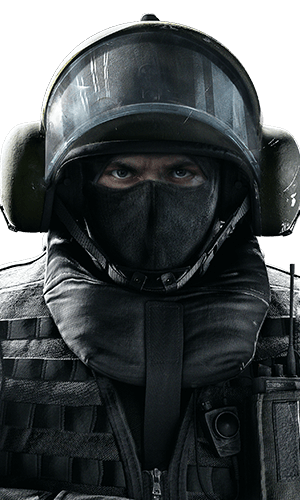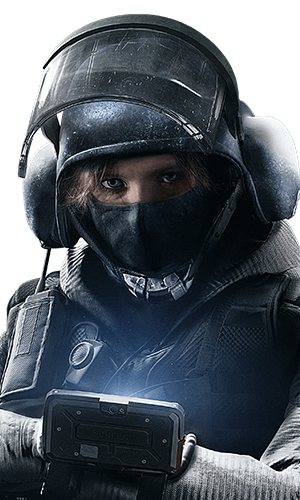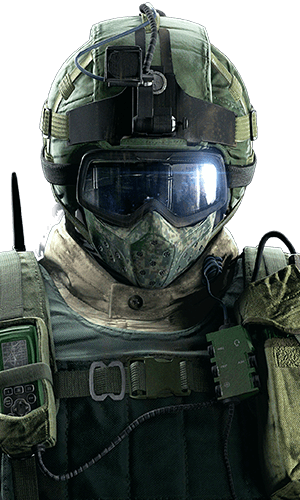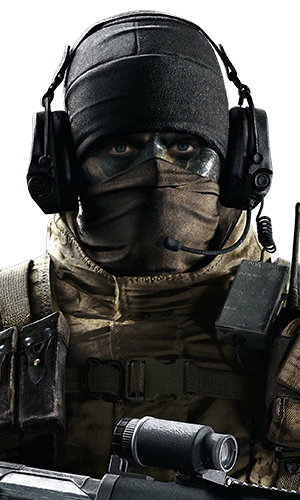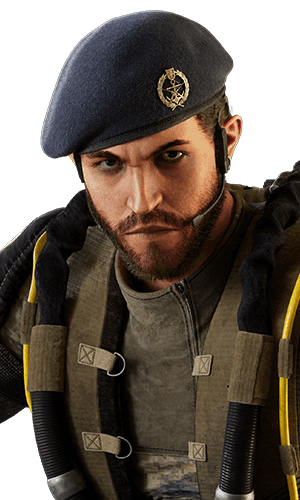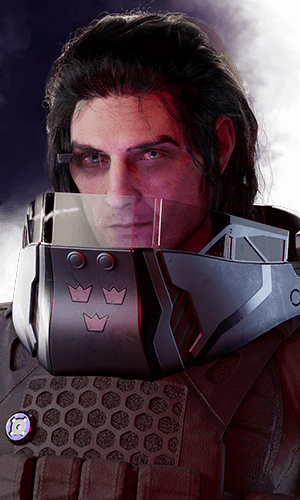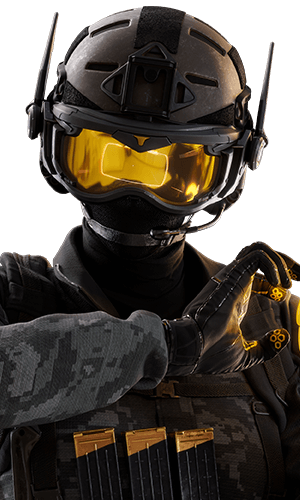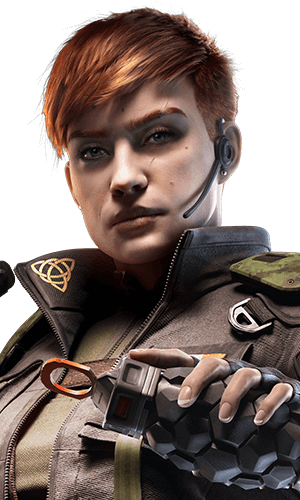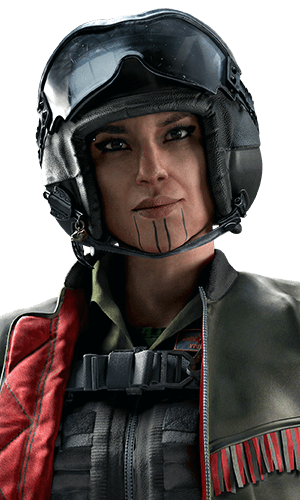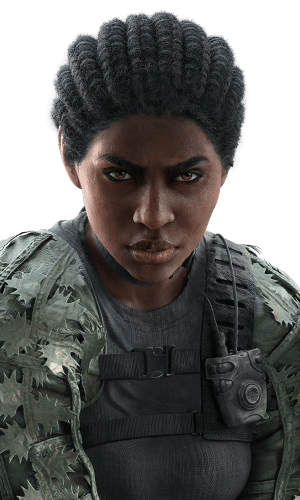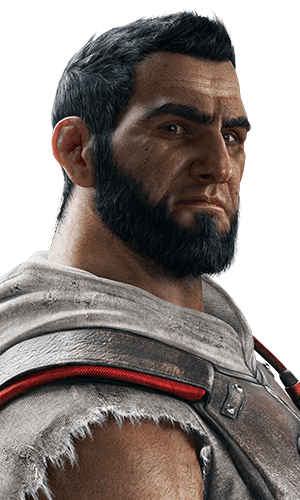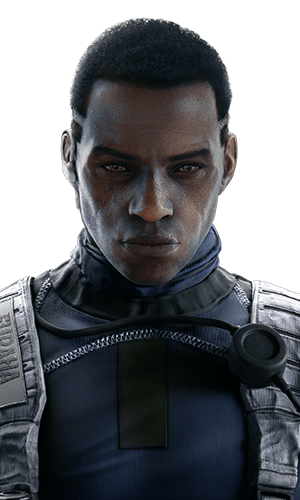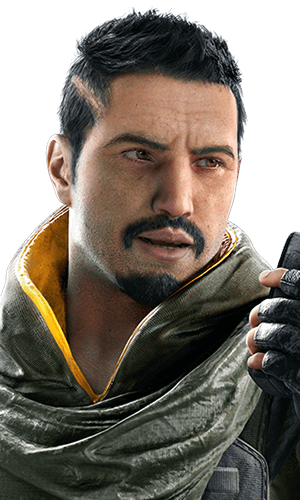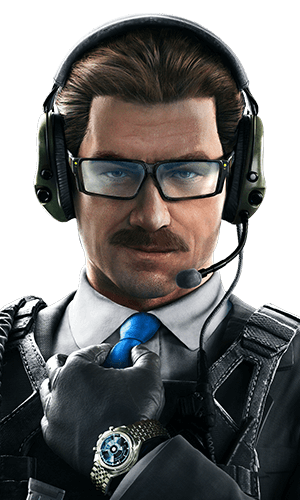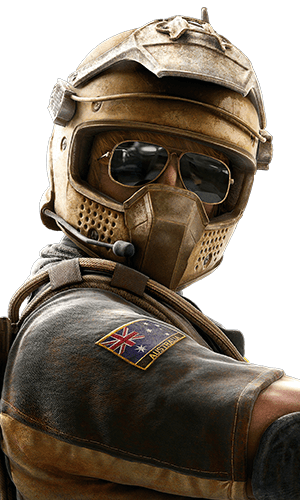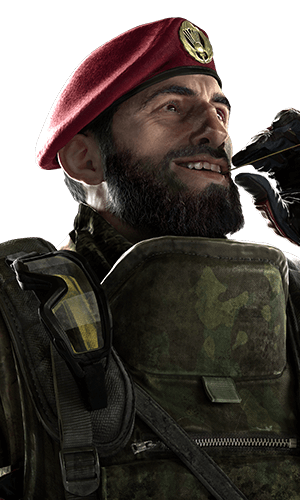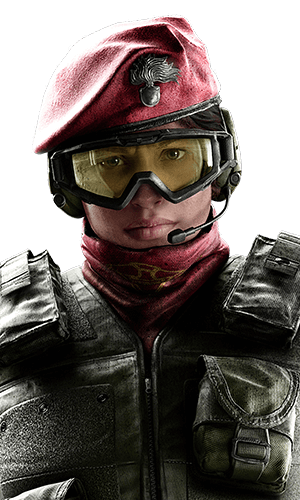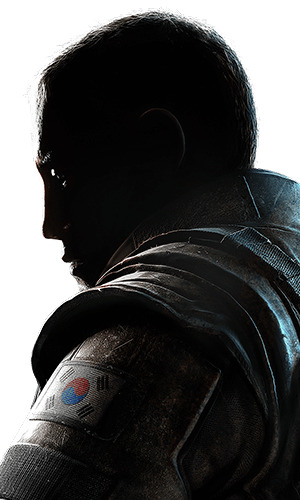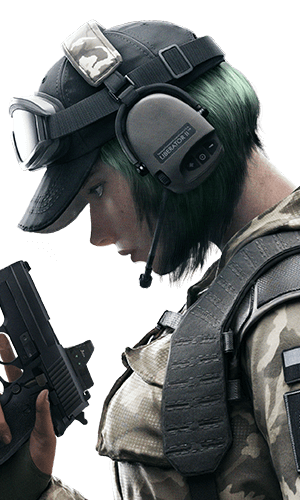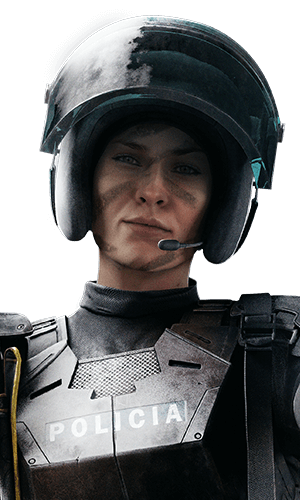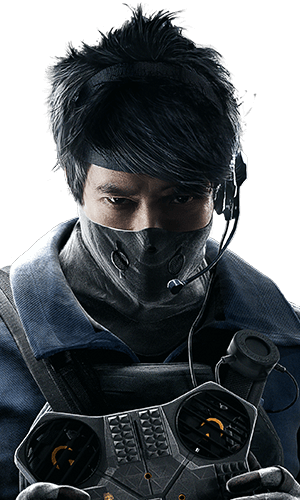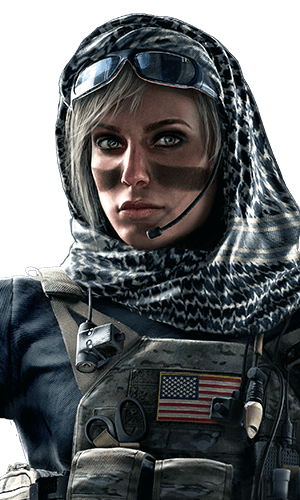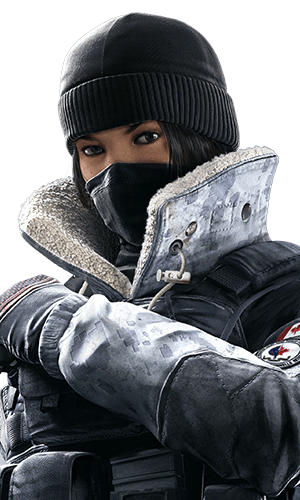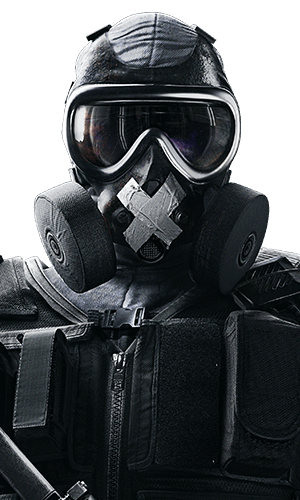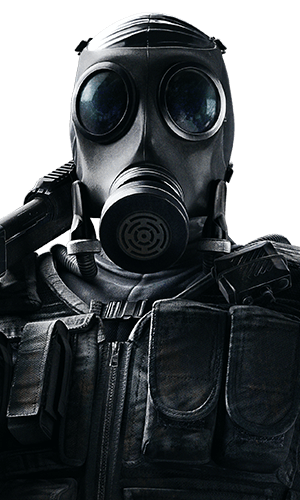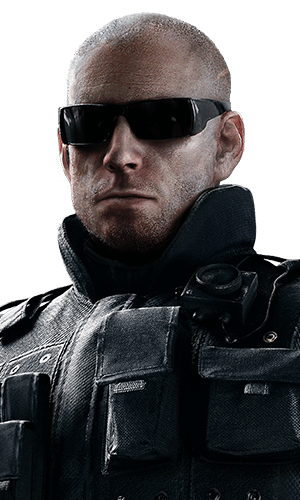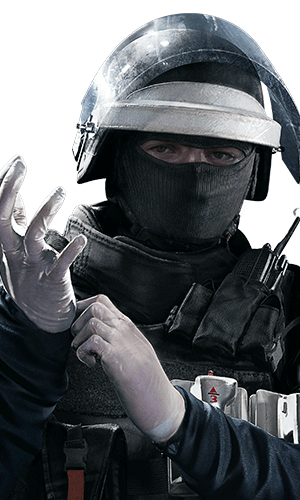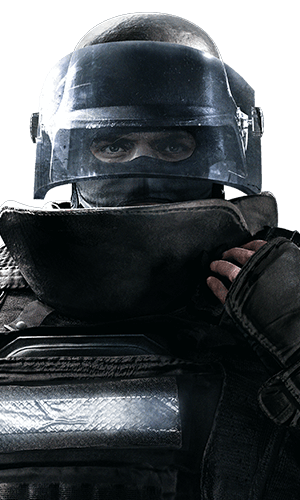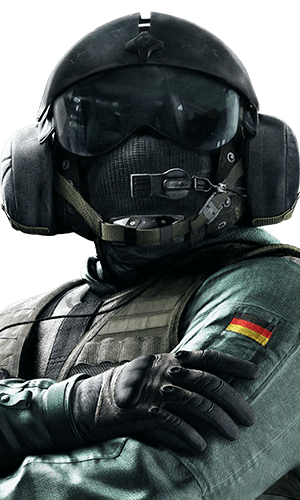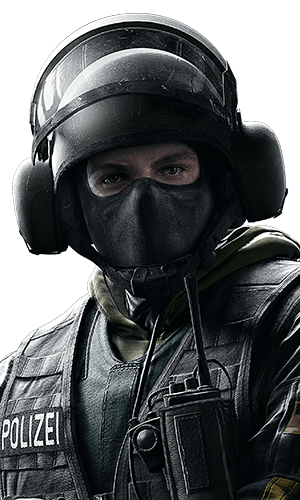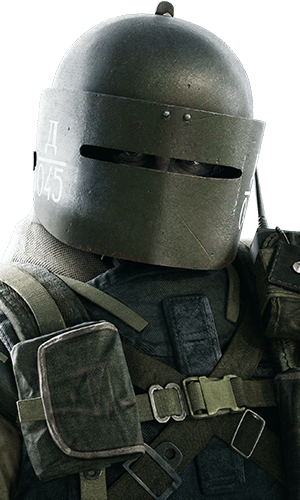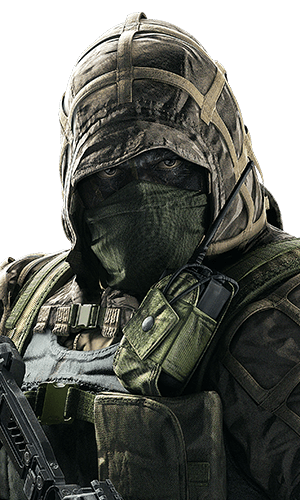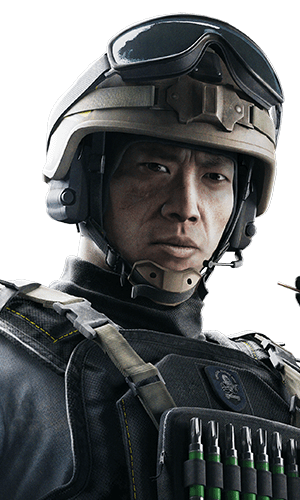
Lesion | Operators | Tom Clancy's Rainbow Six Siege | Ubisoft (AU)

Lesion

S.D.U
UNIQUE ABILITIES AND PLAYSTYLE
Gu mines were inspired by the sharp punji sticks used during the Vietnam War. Rubbed with toxic plants or feces, the stakes served to slow down enemy troops by causing severe infections in their camp.
Similarly, Gu mines inject a toxin that injure your opponent and limit their speed.
Loadout
Primary Weapon
SIX12 SD

SHOTGUN
T-5 SMG

SUBMACHINE GUN
Secondary Weapon
Q-929

HANDGUN
Super Shorty

SHOTGUN
Gadget
Observation Blocker

Bulletproof camera

Unique Ability
GU

Biography
“Make no excuses for who you are. Only the weak-minded will demand you make yourself smaller.”
Born and raised in Tseung Kwan O (Junk Bay), Liu’s early years were spent working alongside his father in the shipyards, stripping obsolete tankers for raw materials and parts. Growing up surrounded by hazardous materials and seeing their long-term effects on his fellow workers left Liu with an abiding respect for toxins and their effect on the human body. Initially seeking additional income, he volunteered for mine clearing duties in Yunnan and Guangxi provinces where his abilities and bravery caught the attention of key personnel within the Hong Kong Police Department. Liu then joined the Explosive Ordnance Disposal Bureau (EOD), giving him the opportunity to continue his chemistry and forensics-based education along with intense on-site training. Liu’s expertise with chemical, biological, radiological, and nuclear threats made him a clear first pick during the formation of Rainbow’s CBRN unit. Liu continues to volunteer for mine clearing duty in his spare time.
Psychological report
Specialist Liu “Lesion” Tze Long’s teammates have a great deal of respect for him, despite the fact that he can often drop off the radar due to his low-key style. Liu doesn’t mind that he’s overlooked; in fact, when I suggested this to him it prompted a smile. While on an operation, Liu is intense and focused, and thinks quickly on his feet. In his downtime he is soft-spoken with a wonderful dry wit.
His family’s poverty encouraged him to be philosophical about his childhood. Even now he prefers to keep life simple by spending his money and time on things that have purpose. Liu told me he isn’t a person who rails against things beyond his control, and I know from observation that he isn’t someone who counts his scars. […]
His childhood, frankly, sounds horrific. His health was at risk from toxic materials, not to mention the physical danger of ripping apart tonnes of steel. And yet Liu remembers his past fondly, regarding the bad moments as something he was lucky enough to survive. I wondered if his optimism was a survival mechanism to weather horrifying circumstances, but Liu was eager to put me at ease. It wasn’t all bad, he said. He described how he and his father would admire the sunrise dancing across the water and take long lunch breaks to go fishing. […]
Liu continues to live close to where he grew up. His connection to the location is more than nostalgia. There’s a sense of satisfaction in knowing what it used to be and how time has affected it. Liu says both he and Junk Bay have changed for the better, and that the future can always be shaped into something good.
As he did at the start of his career, Liu still volunteers in underprivileged areas. His expertise has contributed to the clearing of tens of thousands of mines and unexploded ordnance. In particular, he’s been consulting the tech experts within Rainbow as he and operators Olivier “Lion” Flament and Lera “Finka” Melnikova look to incorporate state-of-the-art solutions into their CBRN threat unit.
-- Dr. Harishva “Harry” Pandey, Director of Rainbow
